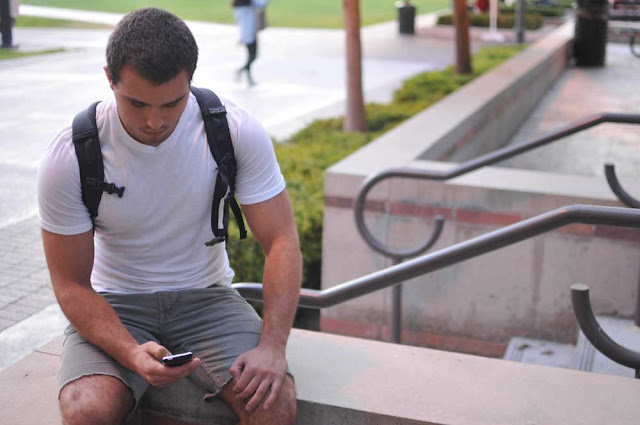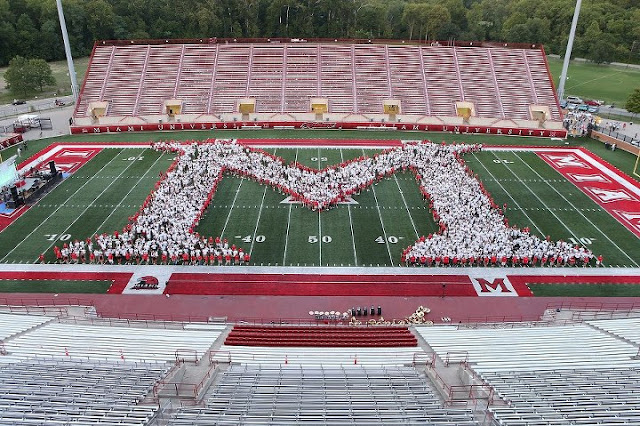If you are not aware of the phenomenon that is the
"Freshman 15", here is how the folks on
Urban Dictionnary have described it:
"Another name for the college freshman class; given to the freshman class because in the first year of college, students will usually eat more than usual and not exercise as much, thus gaining weight (usually about 15 pounds)
Sophomore: I just joined the gym... I have to try to work off the Freshman 15."
"Freshman 15" is an expression commonly used by college students in Canada and in the U.S. In Australia and in New Zealand, you may have heard the term "First Year Fatties". It is common belief that first year college students are likely to stack up about 15 more pounds on their high school graduation weight. Although
studies have argued that the number is closer to 2-3 pounds than to 15, the fact still stands that there is "noticeable" weight gain in the first few years following high school. This year, the
Class of 2016 will have to deal with it. Schools in the U.S and in Canada are actively working to decrease the obesity rates in the college halls by providing healthier alternatives and by increasing awareness to health problems caused by smoking and drinking.
Your organization may have a very powerful role to play when it comes to food choices and to healthy lifestyle adoption to improve overall student health on campus. Here are some initiatives your organization can take to fight the evil "Freshman 15" stigma and improve health education.
Gastronomy
1- Lobby cafeteria services to provide healthy alternatives
2- Educate students on the benefits of eating healthy
3- Raise awareness on the health consequences of "fast food"
4- Improve cooking facilities in residence halls to discourage students from ordering suspect food from the corner restaurant at 3AM.
5- Inform students on the
"Night Eating Syndrom"
Smoking
6- Lobby to create smoke-free zones on campus (eg. 9 ft away from building entrances)
7- Educate students on the risks of smoking and second-hand smoke
Stress
8- Improve study spaces on campus
9- Make yourself available to give tips to freshmen on how to adapt with the new college environment
10- Provide and promote good lifestyle extracurricular activities: yoga, meditation, etc.
Alcohol
11- Discourage binge drinking parties by informing students on its risks (good luck...)
12- Inform students on
the calorie values of different alcohols
Exercise
13- Inform the students on the location of the sports facilities on campus
14- Organize
high-energy activities on campus to encourage calorie burning
15- Educate the students on the health effects of exercise on your sleeping habits, on your brain functions, on your cardiovascular and immune systems.
The bottom line is the following: stay active, eat healthy and stay on top of your student duties. If the "Freshman 15" is a myth or not is still up for debate. It is however always good to keep all students (freshman or not) informed on the health issues that are increasingly weighing (no pun intended) on the students around the world.




